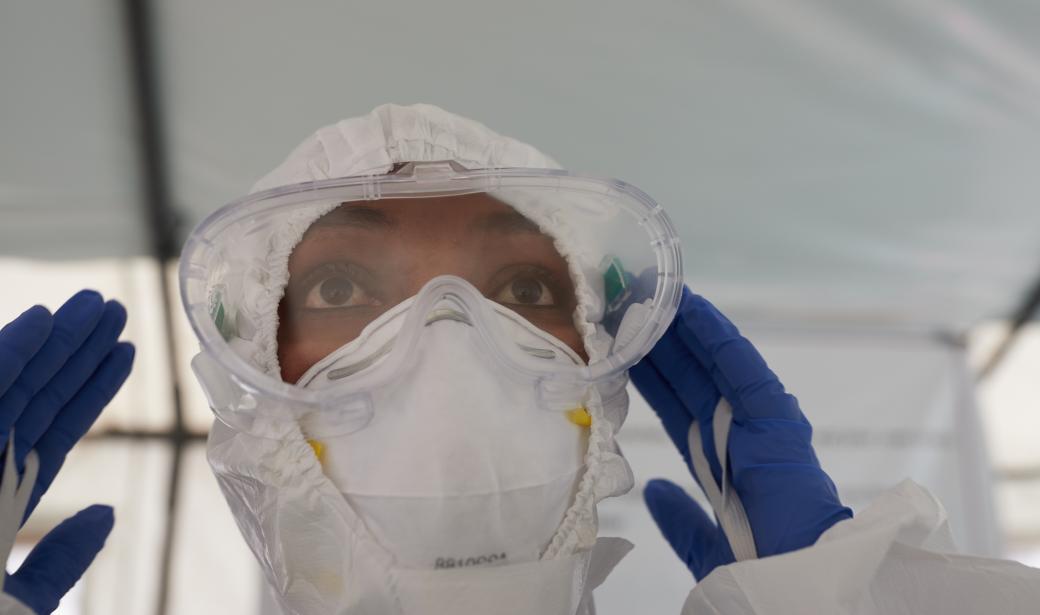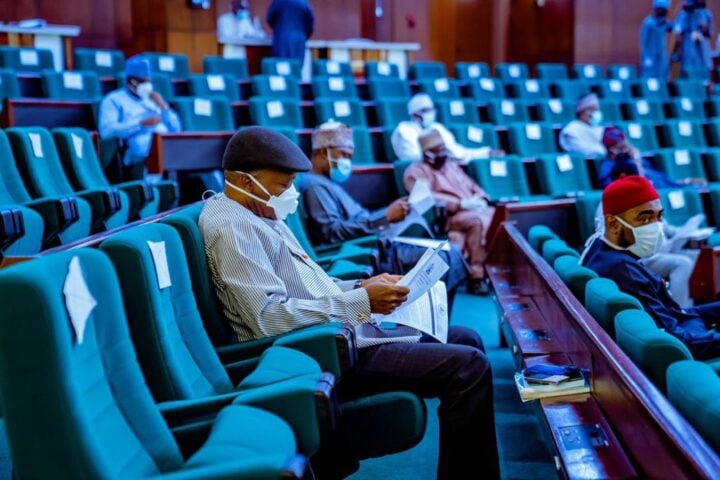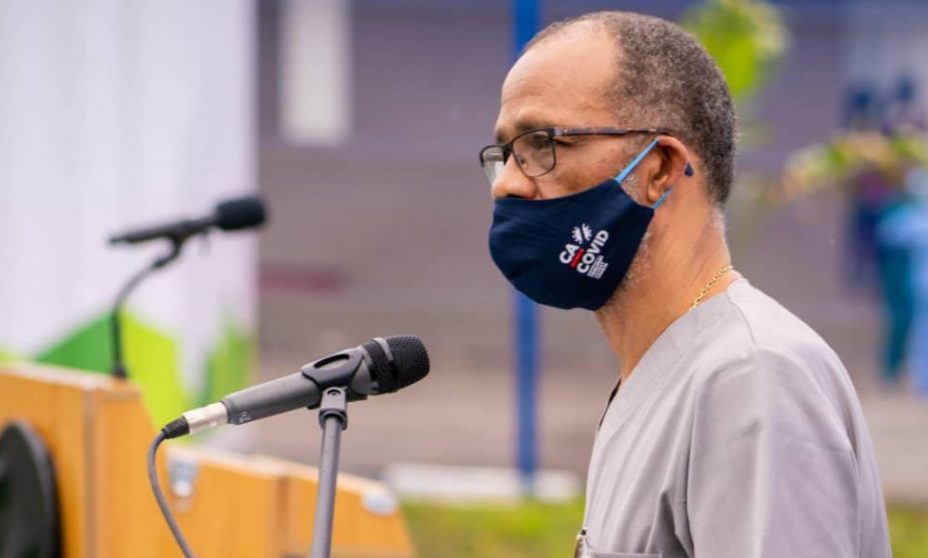The World Health Organisation (WHO) says more than 10,000 health workers have been infected with the coronavirus across Africa.
This was disclosed in a statement issued by the organisation on Thursday.
WHO, however, didn’t give a detailed breakdown of how the cases were distributed across the continent due to “limited information” from the 40 affected countries.
However, according to WHO, preliminary data shows that health workers “make up more than 5% of cases in 14 countries in sub-Saharan Africa alone, and in four of these, health workers make up more than 10% of all infections”.
Advertisement
“The World Health Organization (WHO) today warned of the threat posed by COVID-19 to health workers across Africa. More than 10 000 health workers in the 40 countries which have reported on such infections have been infected with COVID-19 so far, a sign of the challenges medical staff on the frontlines of the outbreak face.),” the statement read.
“This comes as COVID-19 cases in Africa appear to be gathering pace. There are now more than 750,000 cases of COVID-19, with over 15,000 deaths. Some countries are approaching a critical number of infections that can place stress on health systems. South Africa is now among the worst-hit countries in the world.”
Speaking on the infection rate among medical personnel, Matshidiso Moeti, WHO regional director for Africa, is quoted as saying the spread among health workers is taking a toll on the health systems of the affected countries.
Advertisement
“The growth we are seeing in COVID-19 cases in Africa is placing an ever-greater strain on health services across the continent,” Moeti said.
“This has very real consequences for the individuals who work in them, and there is no more sobering example of this than the rising number of health worker infections.
“One infection among health workers is one too many. Doctors, nurses and other health professionals are our mothers, brothers and sisters. They are helping to save lives endangered by COVID-19. We must make sure that they have the equipment, skills and information they need to keep themselves, their patients and colleagues safe.”
WHO listed limited access to personal protective equipment (PPE) and “weak infection prevention and control measures”, as responsible for the increased risk among health workers.
Advertisement
The organisation, however, highlighted its efforts to address the situation, which include training of health workers on best practices for prevention and treatment.
“WHO is also helping to fill gaps in the supply of personal protective equipment. Currently, 41 million items of personal protective equipment are ready to ship from China to cover the needs of 47 African countries. Shipments for an initial set of 23 African countries are planned to start during this weekend,” the organisation added.
Add a comment






